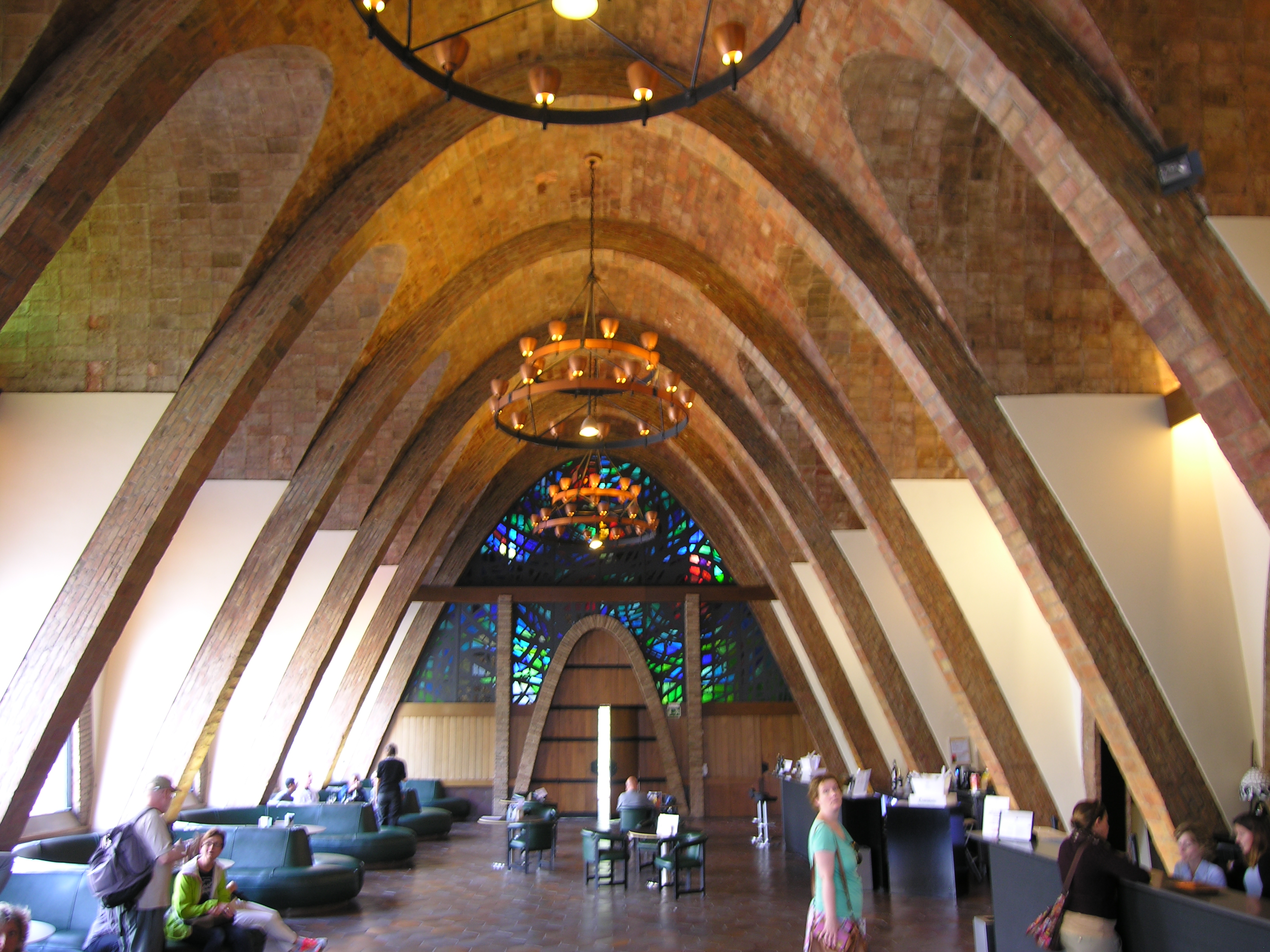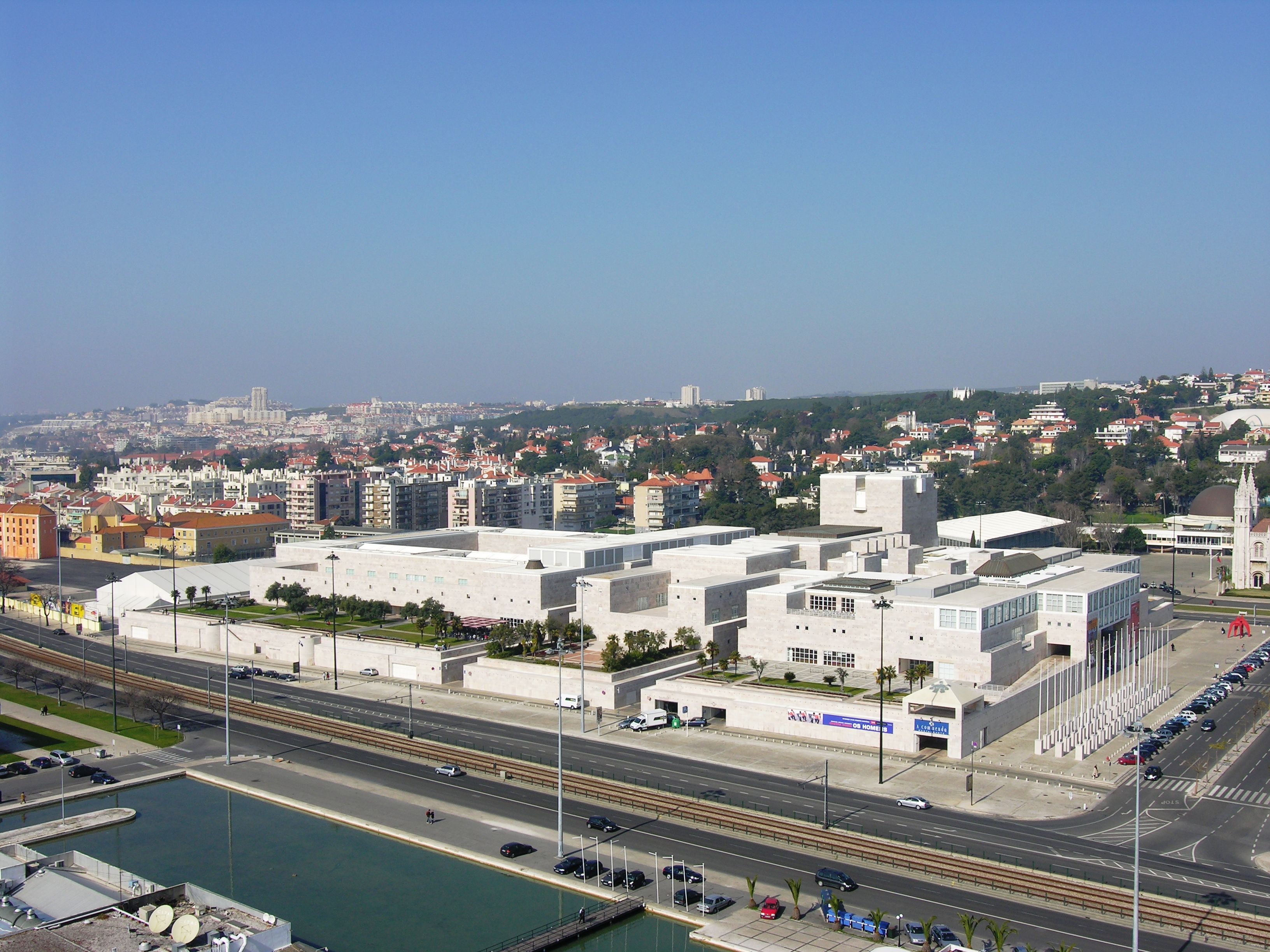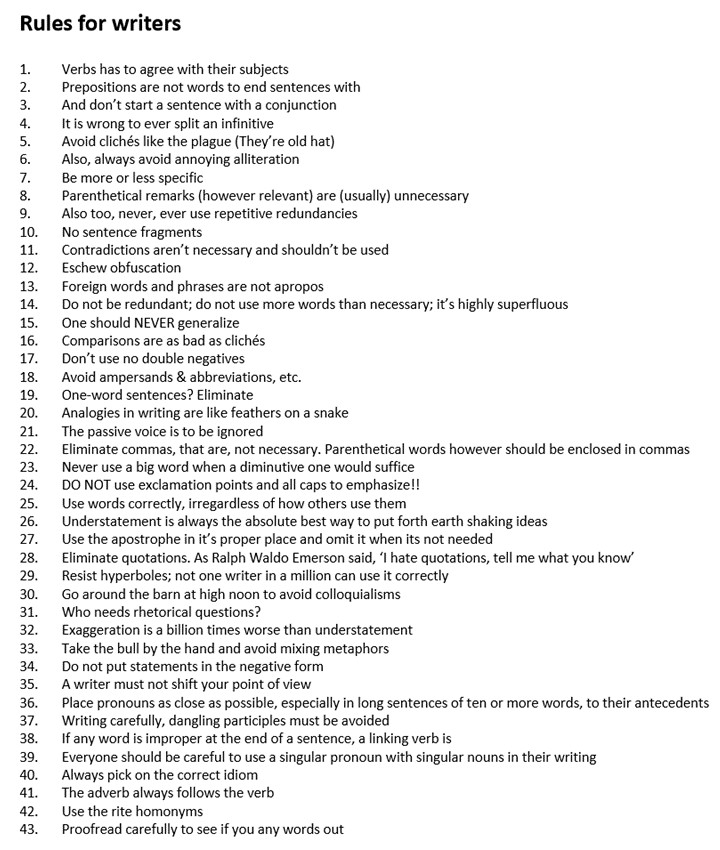When it is about the way The Neo-Generalist, Kenneth Mikkelsen and Richard Martin, is:
The Neo-Generalist is both specialist and generalist, often able to master multiple disciplines. We all carry within us the potential to specialise and generalise. Many of us are unwittingly eclectic, innately curious. There is a continuum between the extremes of specialism and generalism, a spectrum of possibilities. …
Since the advent of the Industrial Revolution, our society has remained in the thrall of the notion of hyperspecialism. This places constraints on the way weare educated, the work we do, how we are recruited, how our career progression [say what? ed.] is managed [not; ed.], how we label ourselves for the benefit of others’ understanding. …
Our workplaces, governments, intelligence agencies and other communities and institutions constantly complain of silos, but that is an inevitable consequence of our promotion of hyperspecialism. So too the myopia of expertise that prevents us from seeing properly what is right in front of us, or connecting it in meaningful [sic; ed.] ways with other information, other people. [Preface, almost completely]
The institutionalisation of the label, and the constraints it demarcates, both physical and psychological, is an unfortunate legacy of the Industrial Revolution and its effects on society. The scientific management practices popularised at the turn of the twentieth century retain an insidious hold on how people think and organise themselves for manufacturing and knowledge work, even extending into Healthcare and education. It is a dehumanised and mechanical approach that views individuals not as people with unique charcteristics, knowldge and expertise but as replaceable parts. Their very humanity is occluded by the labels they are forced to bear. We remove this welder and replace them with that welder. When this accountant leaves, we will hire another accountant. Our project managers, nurses, teachers, bus drivers, are considered entirely interchangeable.
In the meantime, however, we have set up a conveyor belt of humanity that is geared towards squeezing people into the correctly shaped holes, ensuring that the label fits. Hyperspecialism is the end goal. … Educational choices made during our impressionalble teen years can have a lasting effect. To select is also to exclude. Opting for certain academic disciplines during high school limits what can be pursued at university or as a trade. For those who aspire to it, a higher-education specialism then narrows workplace possibilities. Qualifications lead to employment, whcih in turn leads to the constraints of a role and job description, the path towards increasing functional expertise. Measurement and performance assessments impel us to sharpen our skill set within the restricted field. The myopia of the expert sets in. The boundaries within which the specialist operates get narrower still.
The funneling has an inevitable consequence: it fosters silo-based practices and behaviours. Corporations, government departments, intelligence agencies and a host of other types of organisations bemoan the disjointness of their departments, the lack of interoperability between IT systems, the hoarding and protection of knowledge. Yet this is the end result of a system that encourages hyperspecialism and narrow, deep expertise. [pp. 24-25]
And so it goes on, with relevance. We may interject a full Book by Quote later, but for now leave it at this and encourage you to Study the work. To weep and learn, how you should not do it. I mean, tag along. Resist!
Oh, plus:

[Cordoníu the Beautiful (~ design by Puig i Cadafalch), San Sadurní d’Anoia Catalunya]















